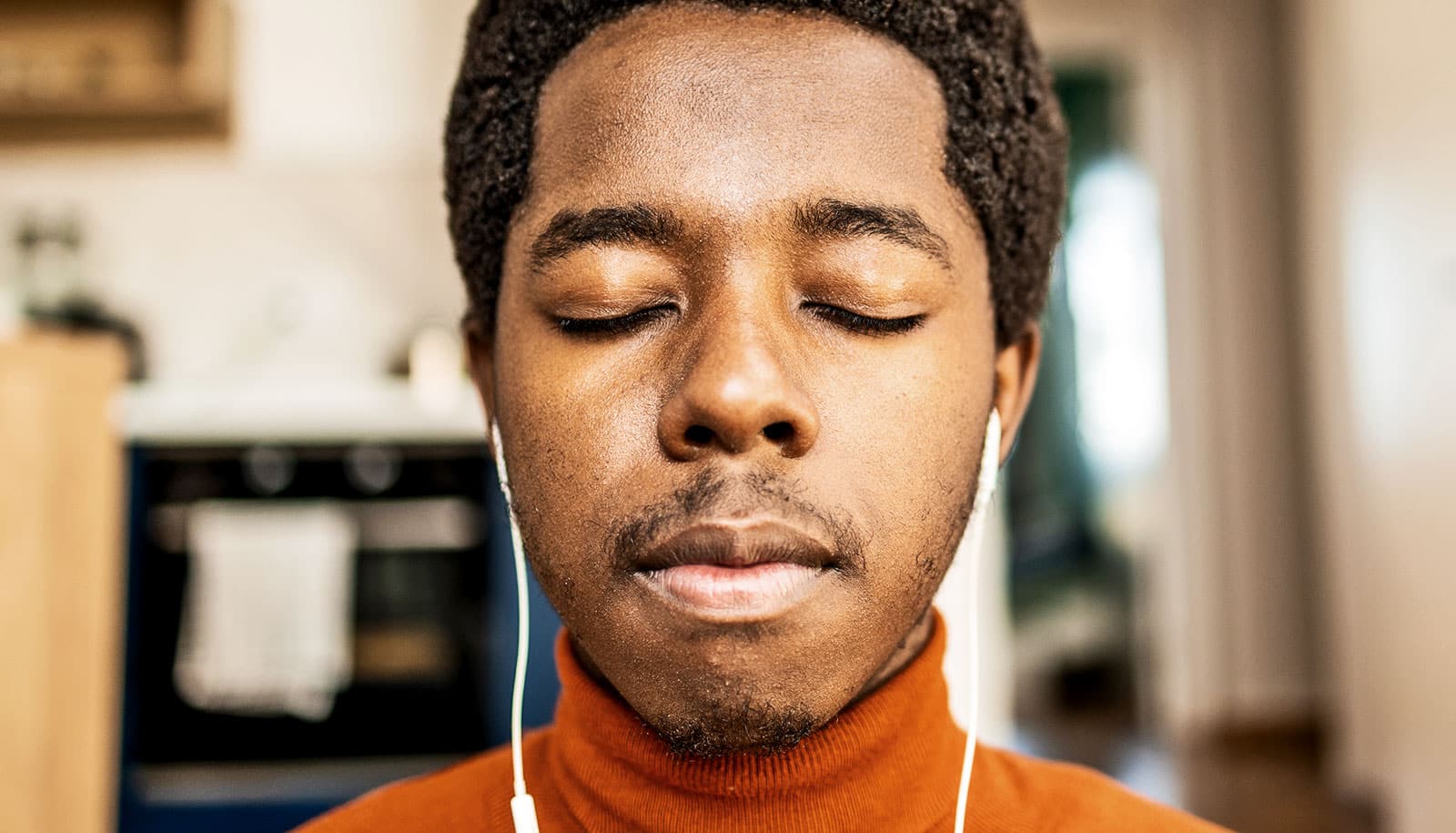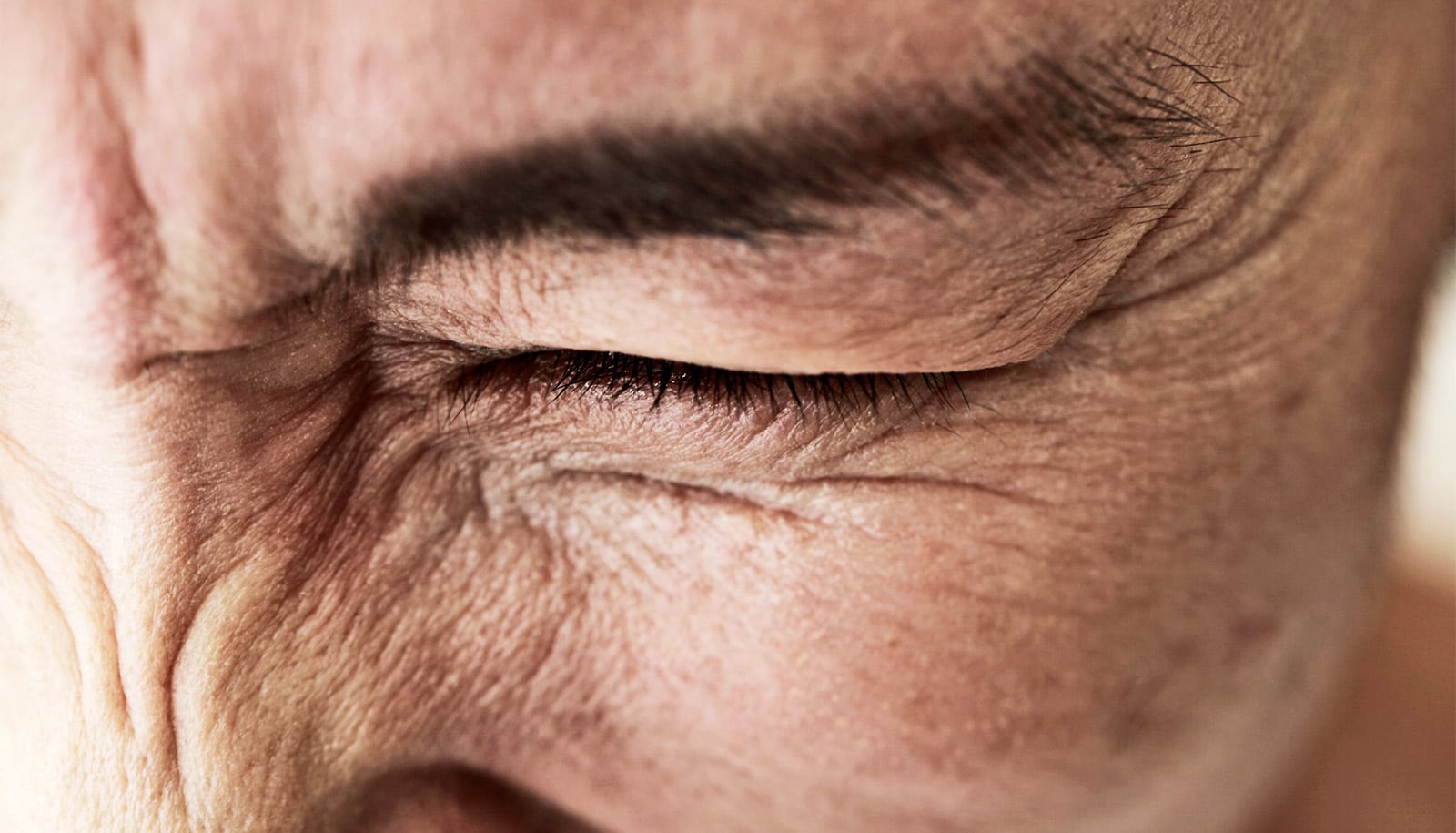Mindfulness techniques and online tools can help people with sickle cell disease better manage their discomfort and pain, a new study shows.
“Before the study, we were told sickle cell researchers thought online outreach to patients would not work as patients wouldn’t trust the process,” says Sean Young, professor in the emergency medicine and informatics department at the University of California, Irvine. “Surprisingly, we found it worked really well and we were able to recruit more than 70 patients in only three weeks.”
The researchers recruited participants online through paid and free advertisements on popular social media sites such as Facebook, Reddit, and NextDoor, and then screened them by phone for eligibility.
After acceptance, the researchers asked the participants to watch a Mini-MORE video and rate their pain before and after watching the video using an 11-point numeric rating scale. They were also emailed an individual link to additional recordings where they could rate their pain intensity, anxiety, and depression. The researchers used the results to study the impact of the Mini MORE videos on patient outcomes at two-different time points.
“Patients with sickle cell disease struggle with pain, and unfortunately, they have few options for relief,” says Young. “We developed and tested a brief online intervention to teach them mindfulness and found that it helped their pain both immediately and for six weeks after they viewed the mindfulness exercise.”
The Mini MORE video is a shorter (20-minute) version of a multi-week Mindfulness Oriented Recovery Enhancement (MORE) program which has been investigated in previous studies. The researchers theorized that the shorter video version would be more acceptable to participants and have a higher completion rate.
The Mini MORE video includes an introduction to pain neuroscience and mindfulness, a mindfulness meditation, questions to facilitate mindfulness practice, and reflection and strategies for integrating mindfulness practice into daily life.
“Test results revealed that participating in the Mini MORE was associated with significant decreases in pain intensity and pain unpleasantness,” says Young. “Pain intensity was decreased by 1.3 points, anxiety was decreased by 1.8 points, and depression was decreased by 1.7 points.”
Sickle cell disease (SCD) affects millions of people around the globe, with approximately 100,000 Americans suffering from the disease according to data from the Centers for Disease Control and Prevention (CDC). People with SCD experience anemia and severe pain, often called a pain crisis.
A pain crisis can last anywhere from a few hours, to several days or weeks of pain and affect any part of the body. In addition to varying levels of discomfort, people with sickle cell disease can experience dehydration, fatigue, vision problems, swelling of hands and feet, and frequent infections. Outside of a warm compress and using over the counter or opioid pain medications, people with SCD have very few options for pain relief.
The study is published in the journal published in Cureas. Additional coauthors are from the University of Utah; UCLA School of Public Health; University Hospitals Connor Whole Health, Cleveland, Ohio; and UC Irvine.
The National Institute of Allergy and Infectious Diseases, the National Institute on Drug Abuse, the National Institute on Minority Health and Health Disparities, and the National Center for Complementary and Integrative Health supported the work.
Source: UC Irvine


